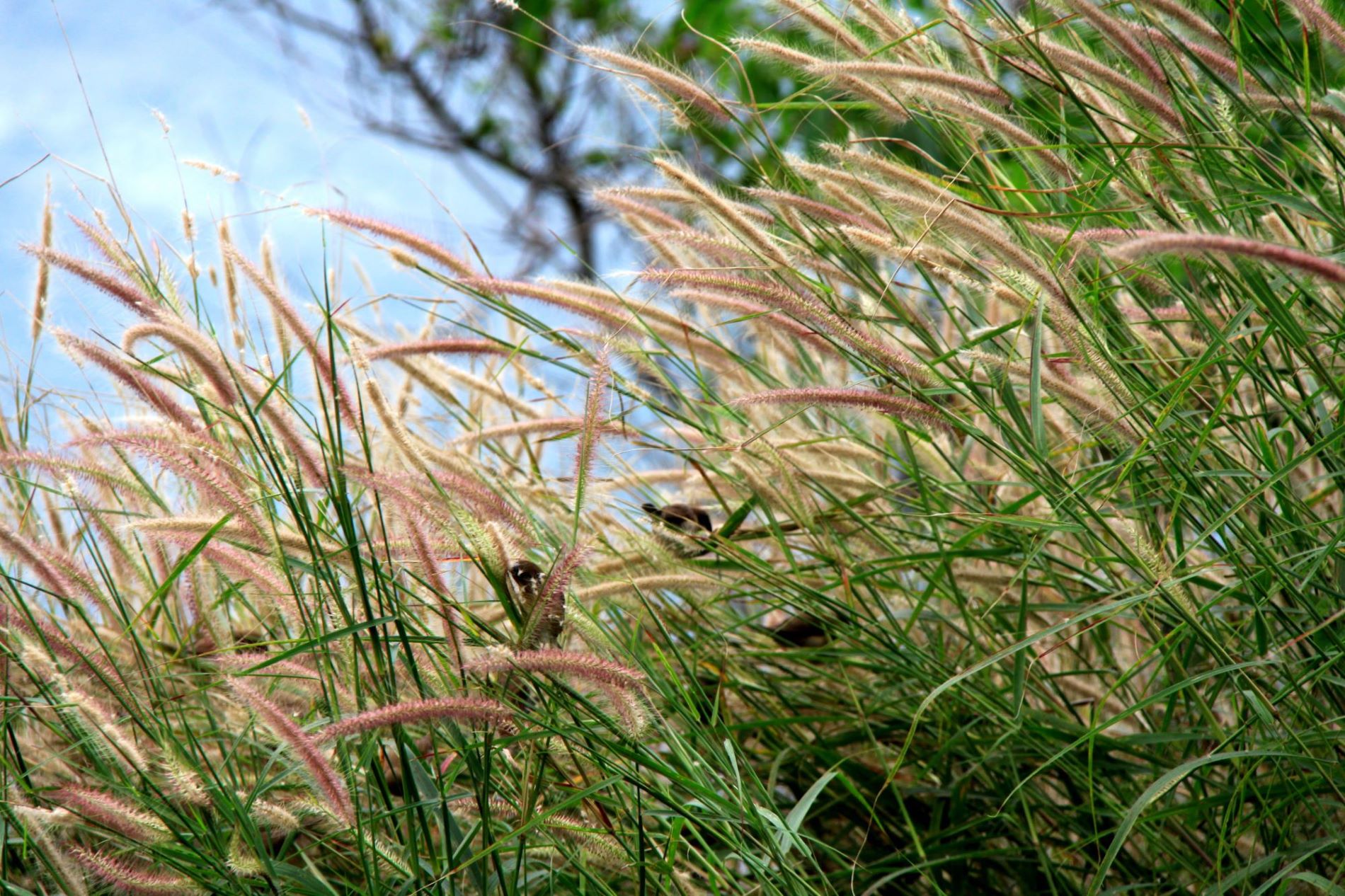Using wetland to purify industrial wastewater
A wetland works to purify water quality, prevent flooding and drought, conserve water, and serve as a wildlife habitat. In recent years, some parks have constructed artificial wetlands to improve the ecological environment.
One original aim of the SCIP wetland project design was to further purify the treated wastewater and minimize its impact on the environment. However, the treated industrial wastewater is still highly saline, thereby placing high demands on wetland design and operations. For this reason, multiple experiments are needed to customize solutions according to the characteristics of the industrial water, and to carry out management and maintenance to standards that ensure stable future operations.
Our solution
The results
The SCIP wetland renovation project covers a total area of over 50 hectares, including 16 hectares for Phrase I and 36 hectares for Phrase II.
This ecological project can contribute to expanding the local biodiversity, raising the quality of treated wastewater, and significantly improving industrial wastewater pollutants, such as COD, metals, phosphorus, nitrogen and other indicators.

